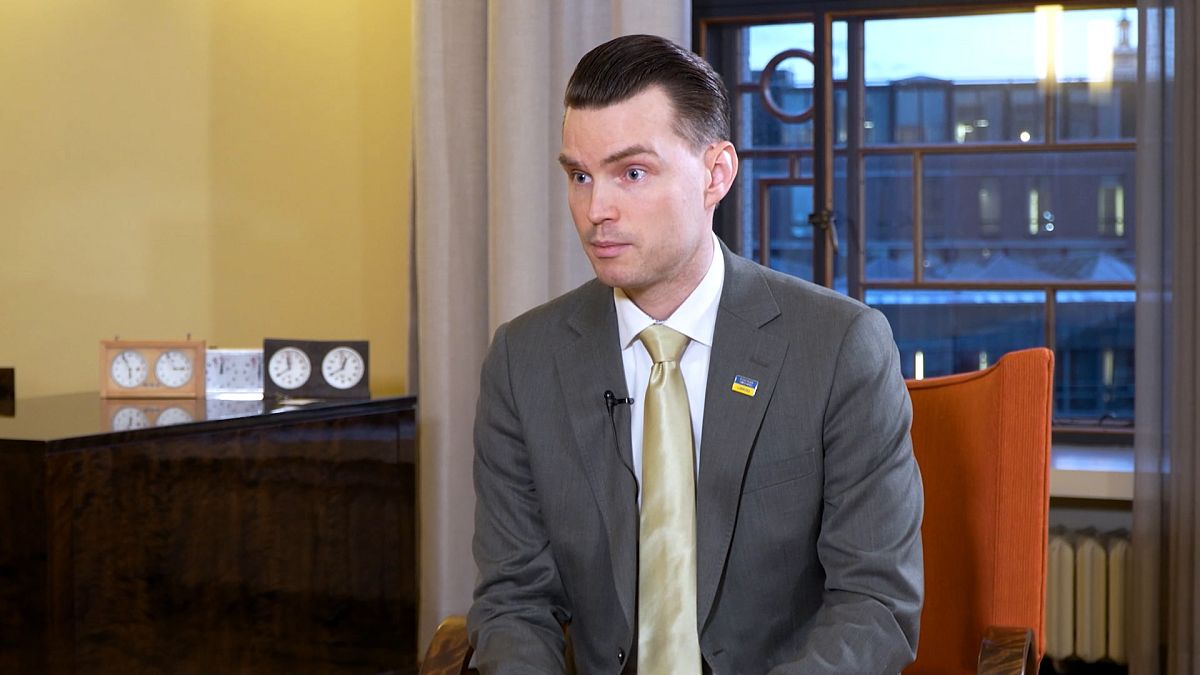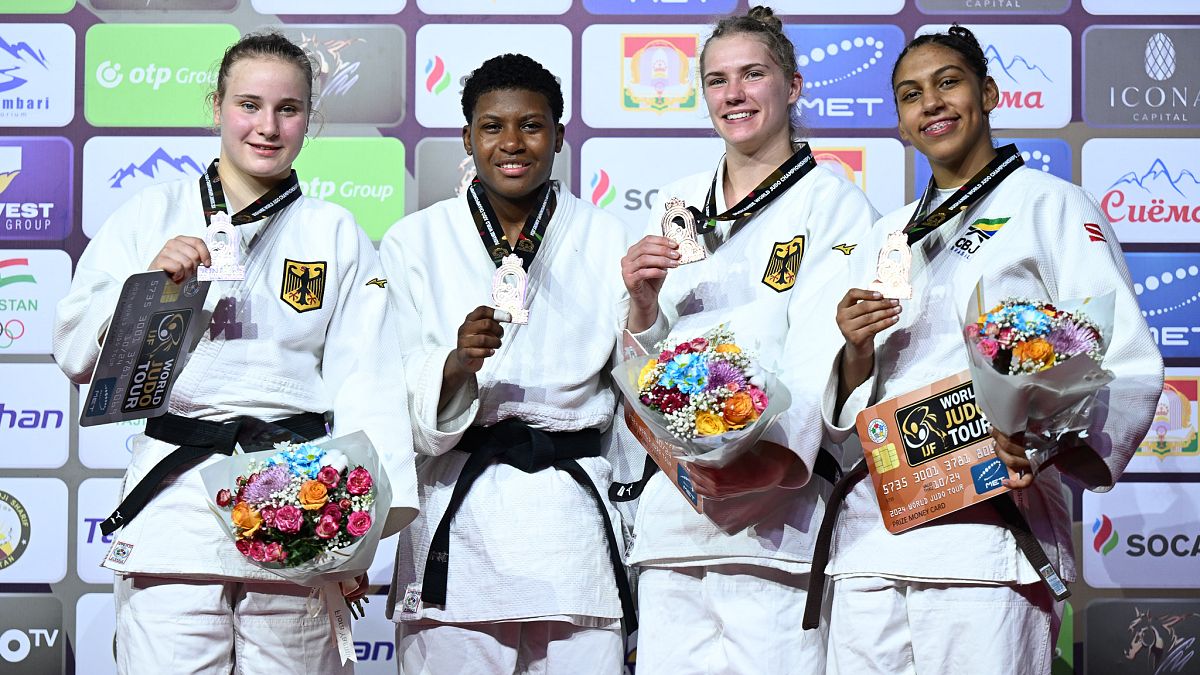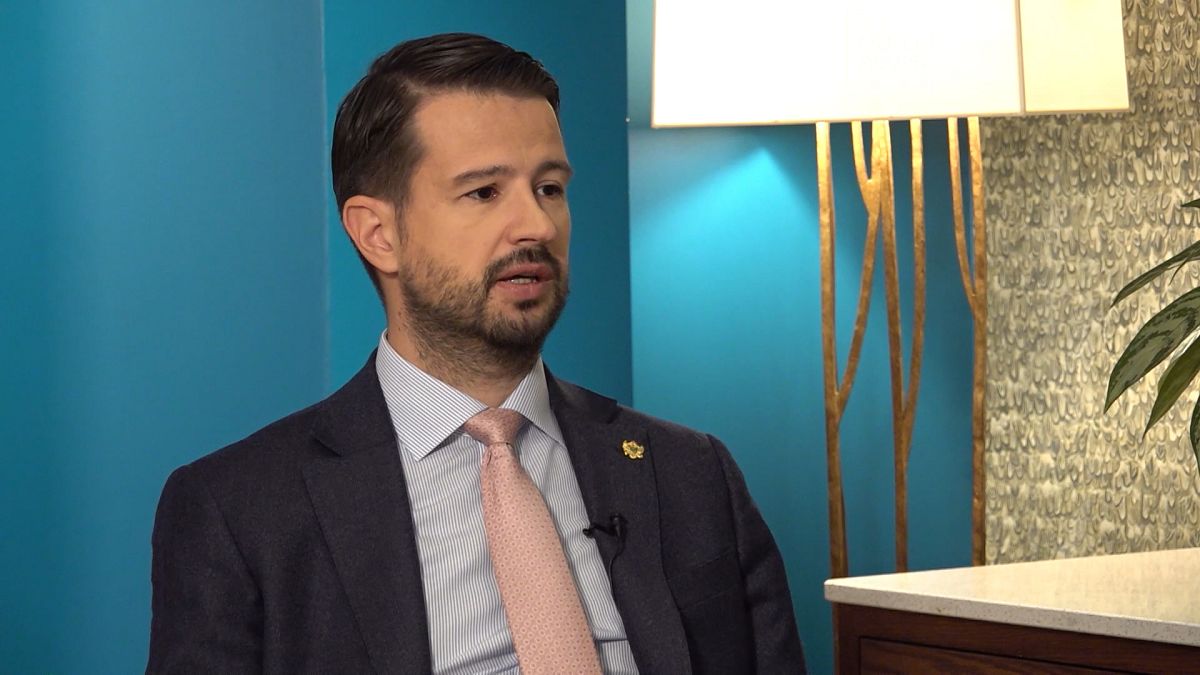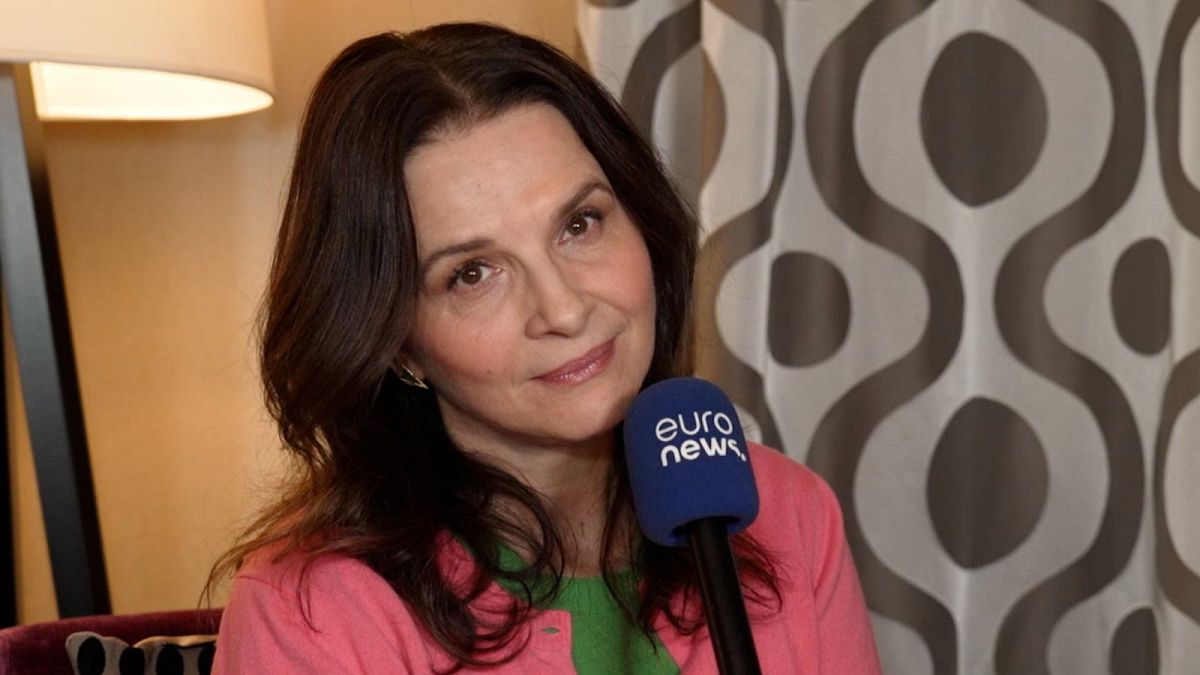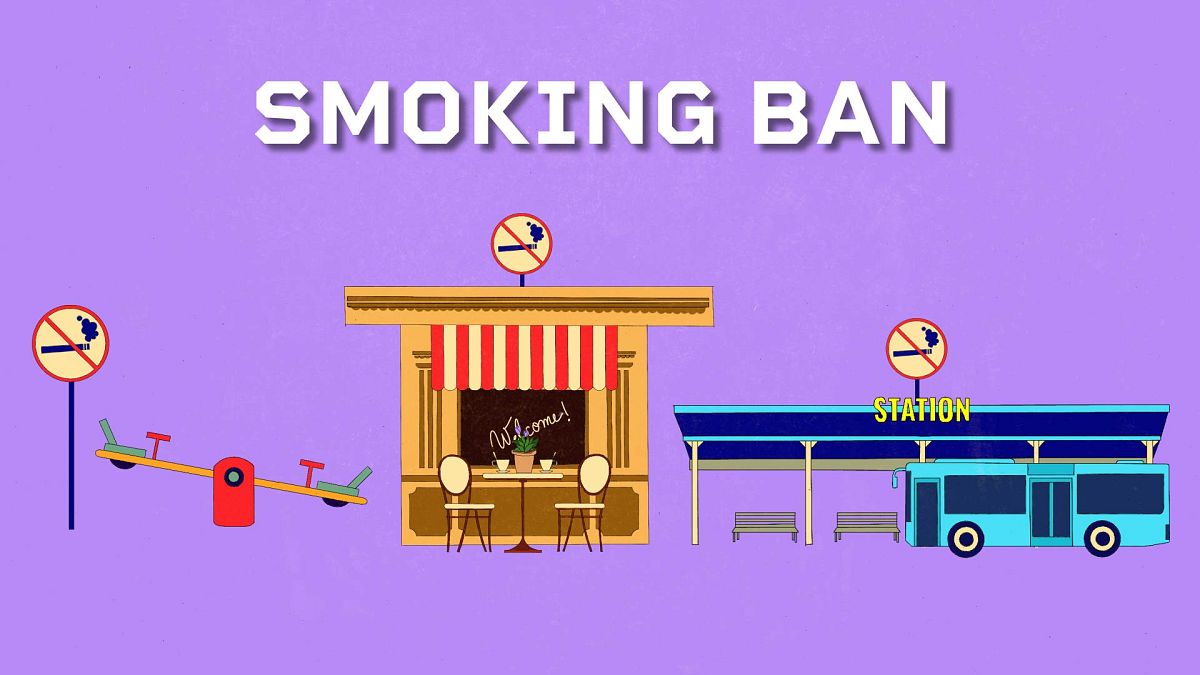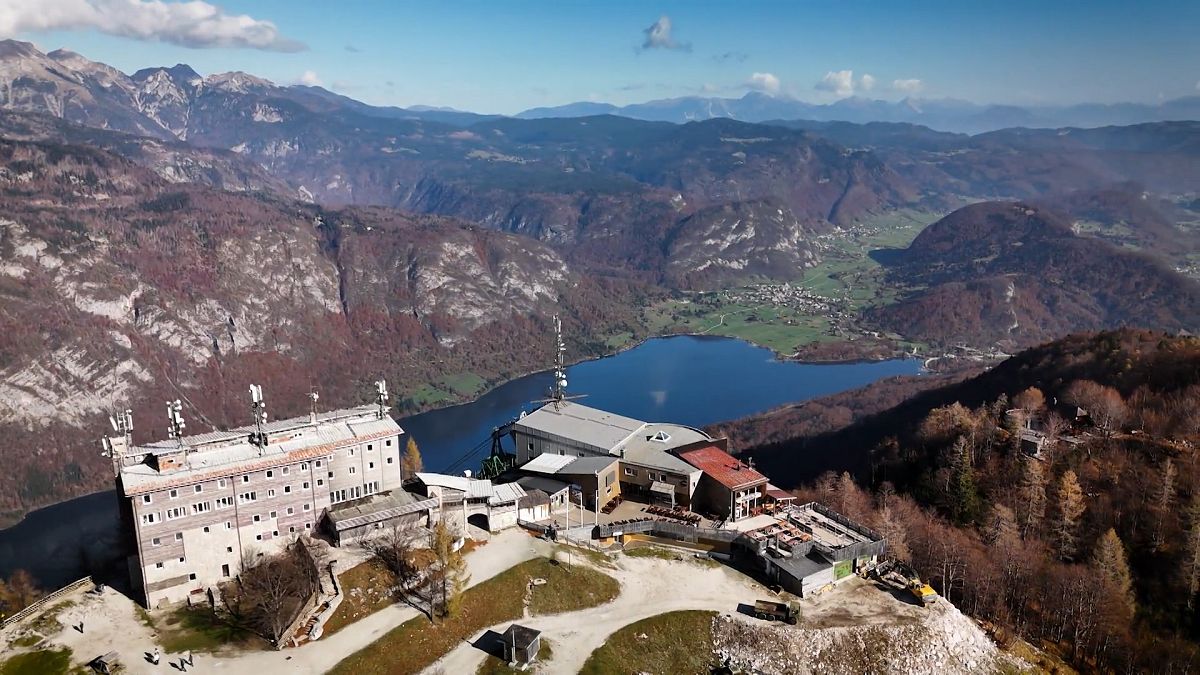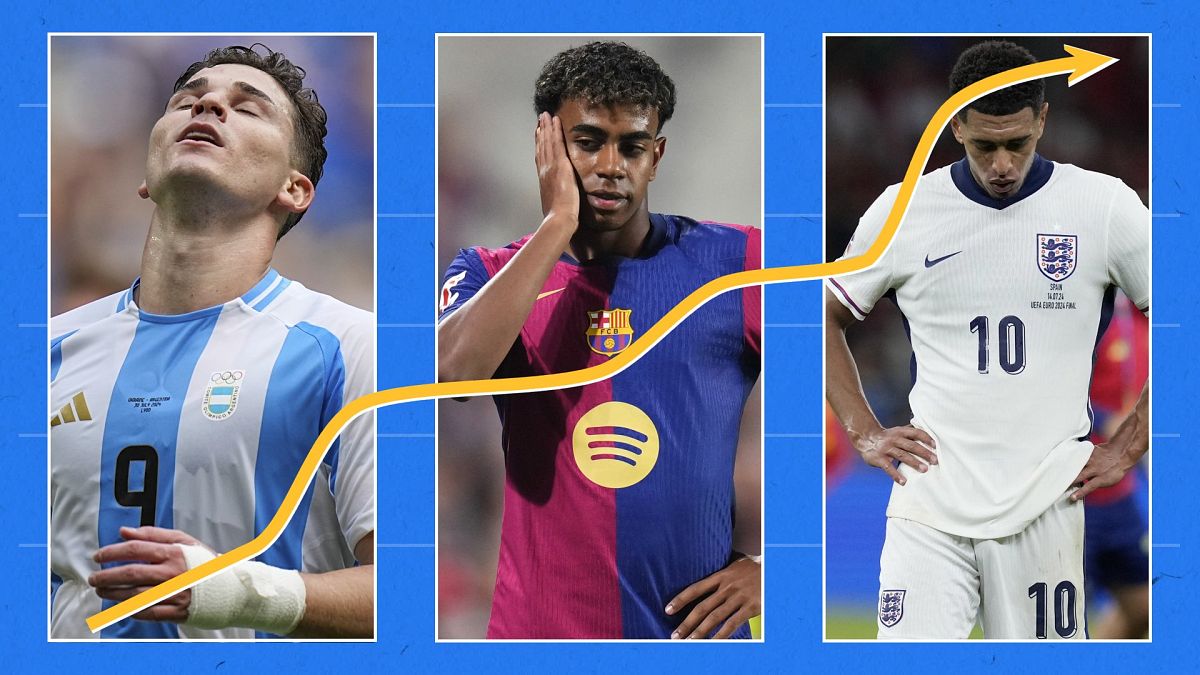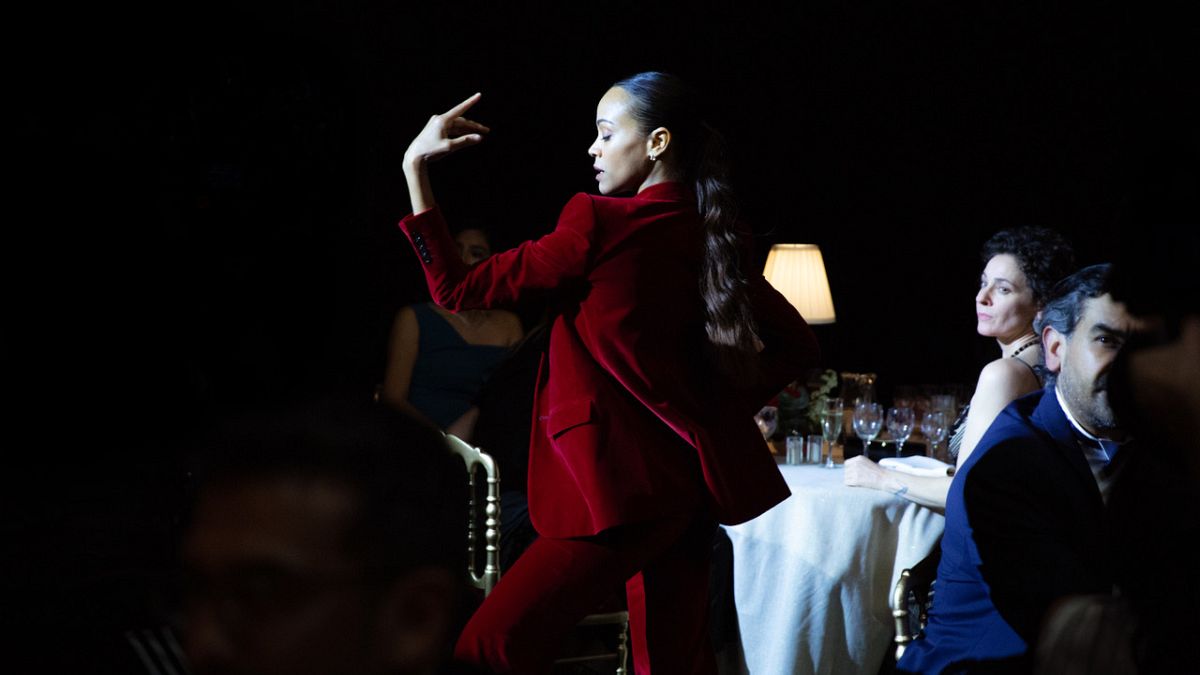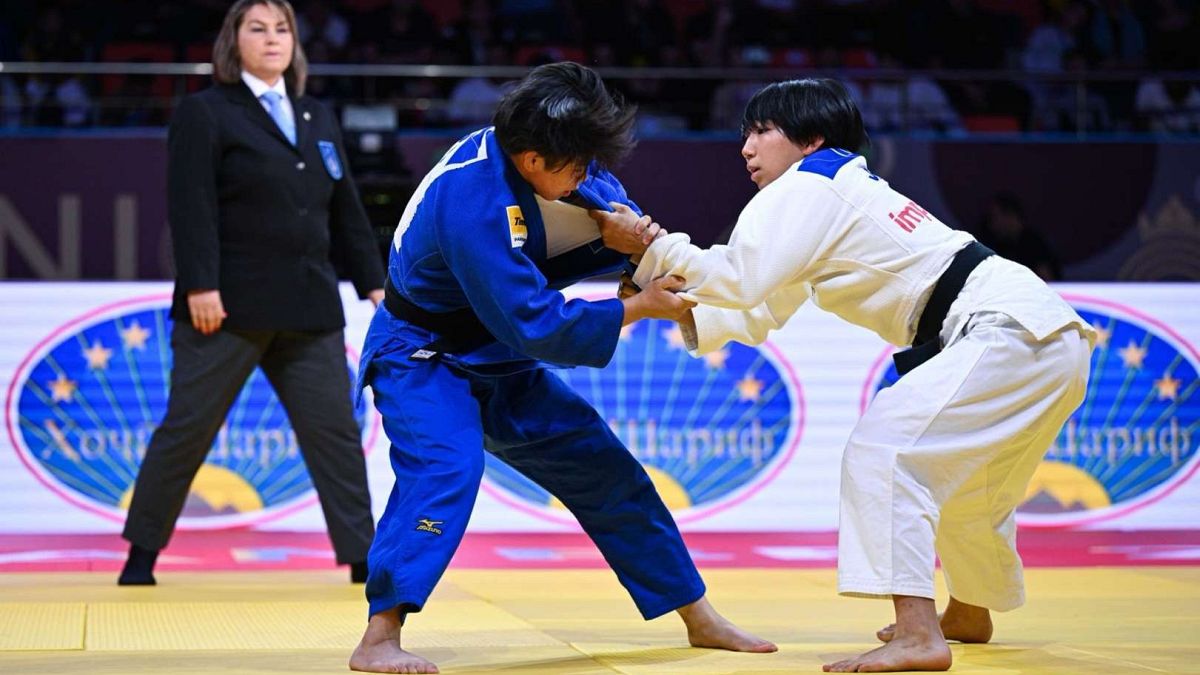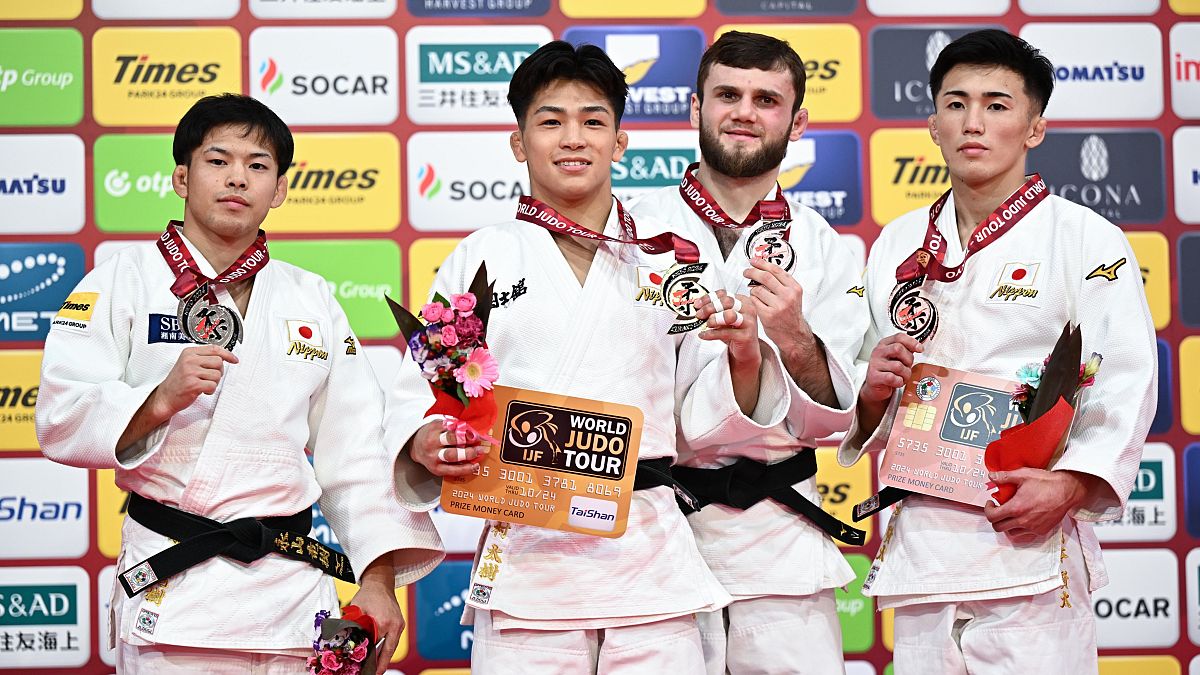Is gender parity the key to economic prosperity? The IMF says ‘yes’
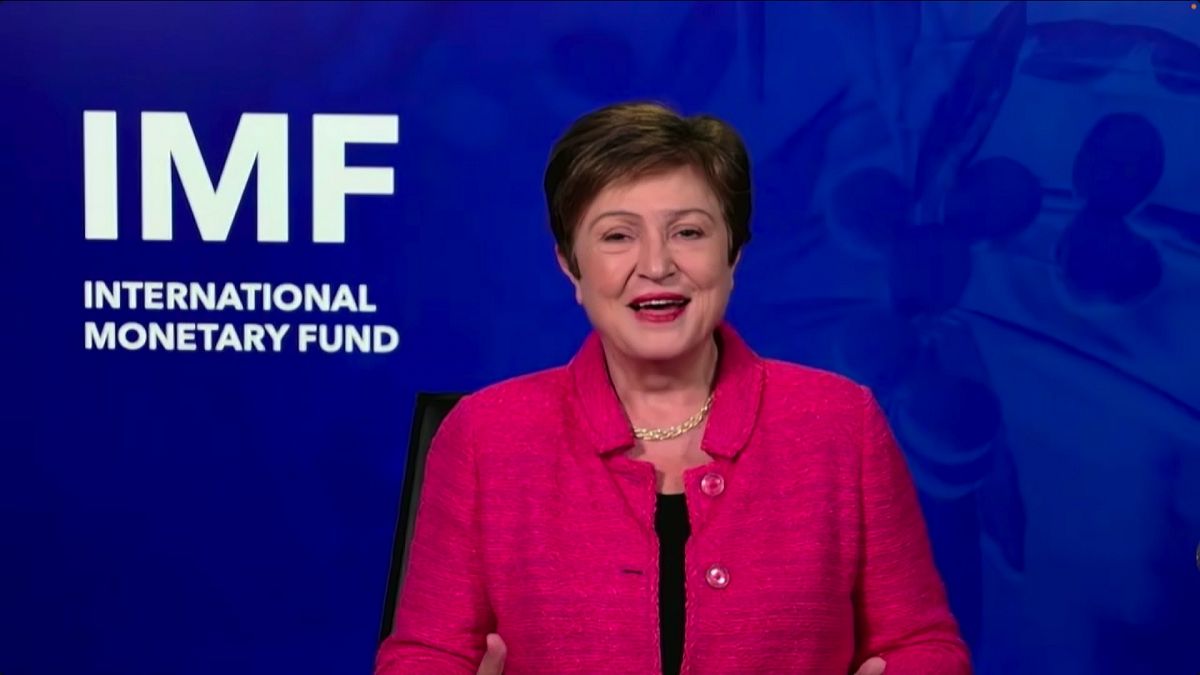
Why does the world need more women in the labour market and managerial positions? Kristalina Georgieva, the International Monetary Fund’s Managing Director, shares her thoughts on the Global Conversation.
Research by the International Monetary Fund suggests that global GDP will increase when women are granted an equal playing field in the labour market and decision-making roles.
More specifically, reducing the gender gap in labour markets could boost GDP in emerging and developing economies by 8 per cent. Closing the gap entirely would increase GDP by 23 per cent on average.
But why is women’s empowerment essential for economic growth and development?
Underrepresentation in decision-making roles, particularly in politics, is a widespread issue. Statistically, women account for less than 25 per cent of representatives in parliament in seven EU member states including Hungary, Ireland and Greece.
The European Parliament fares better with a gender balance of 40 per cent women to 60 per cent men. The leaders of the EP and the European Commission are also women while some of Europe’smost influential financial bodies, like the European Central Bank and the European Investment Bank, have female presidents.
When it comes to climate change, the EIBdiscovered in 2022 that increasing the number of women in corporate decision-making roles could lead to a 0.5 per cent drop in CO2 emissions.
So how can Europe increase the number of women in positions of power to fast-track sustainable development and boost economic growth? Kristalina Georgieva, the Managing Director of the IMF shares her thoughts on the latest episode of the Global Conversation.
Europe still has work to do
**Sasha Vakulina, Euronews:**Ms Georgieva, two thirds of the world’s most prosperous countries in the world are in Europe, and yet income inequality is rife across the continent. How does inequality affect economic growth?
Kristalina Georgieva, IMF Managing Director: Growth and inequality are very tightly connected. But let me make a very important point for Europe: as a European, I’m proud that Europe is a place where attention to inclusion and equality has been relatively higher than in many other places. And as a result, Europe enjoys social safety nets, that were put to work after COVID-19, after the Russian invasion of Ukraine, to protect the most vulnerable people of society.
Now, this being said, can Europe strive to do even better? Of course, it can. Because what we face in Europe and actually across the world is very anaemic growth, slow growth. How can we boost growth prospects? Well, by tapping into all the resources we have. And that takes us to a particular aspect of inequality, which is gender inequality. Bring women into the labour force, into the power of our societies and economies more, and we would tremendously benefit.
Sasha Vakulina, Euronews: Let’s let’s look at it in detail. With traditional growth engines sputtering, many economies, as you said, are missing out, by not tapping into women’s potential. Now, how much are we missing out on?
Kristalina Georgieva, IMF Managing Director: Well, we are missing a lot. Unfortunately, based on the most recent World Bank analysis, there is not a single country on our beautiful planet where women are fully equal to men. So we have a work to do. And I can say from the analysis we do at the IMF, that the evidence is so overwhelming that everybody benefits.
In these days of slow growth, we can get up to a 23 per cent increase in GDP if we take in the emerging markets and developing economies. Looking at the global average, it is a 20 per cent increase. Why wouldn’t we want to do it, all of us?
Mind the gap
Sasha Vakulina, Euronews: Well, as you said, why not tap into that potential? We understand the stats, they are shocking, we know the reasons, and we know the possible benefits. How else can we push to make that happen?
Kristalina Georgieva, IMF Managing Director: The way to push is to have a credible data-based policy foundation. There is a very important ‘closing the data gaps initiative’ that the G20 has promoted. Part of it is to have credible data on the distribution of income, on what we should know when we make decisions as to how to eliminate these barriers.
We know that tax policies can help, we know that investment in early childcare can help, and we know that safe transportation can help so that women are not afraid to get on a bus or the metro. And we also know that how women are treated by the financial system can help, when women have access to finance on equal footing and they still don’t.
A small story from Brussels
Sasha Vakulina, Euronews: Ms Georgieva, despite significant progress in recent decades on the current pace of reforms, global gender gaps are estimated to close over the next three centuries. I’ll repeat that: three centuries! And one of the most important measures to improve the situation is increasing women’s representation in decision-making positions. This is something that you’ve got a lot to share about. How thorny was your path and what’s your take on that?
Kristalina Georgieva, IMF Managing Director: Well, I, started, my professional career as a young professor in Bulgaria. And, from the early days, one thing was clear to me: to be treated as equal, I have to work harder than my male colleagues. And I regret to say that has remained my experience almost throughout my whole professional life. So what I can tell women, young women in particular, is, despite that, there may be obstacles, but:
1. You can do it. You’re strong, you’re smart. You’re beautiful. You can step forward for yourself but also contribute to society by doing so.
2. When you do it – and that is a very important lesson I learned personally, and I saw it time and again in my professional life – believe in yourself. Do not hesitate to present your credentials with confidence.
When I was vice president for Human Resources we had a very important target to increase the proportion of women in senior positions to 40 per cent. And I can say the Commission did a great job but one thing that I noticed was we had two finalists, a man and a woman. They were interviewed and assessed against five criteria and had some strengths and weaknesses. They covered three of the five and less of the other two.
How did the man approach the interview? He said: “Look, I covered the most important three criteria in full, and I’m bringing my fantastic personality to the job. Of course, I’m the best person for the job”.
How did the woman interview? She said: “Well, I only covered three of the criteria, I don’t know, maybe there is somebody better than me”.
Don’t do that. If you don’t believe in yourself, why should others believe in you? And I would also say to women: work with other women. There is strength in a critical mass. I see it everywhere.
I see it at the Fund (IMF), I saw it at the World Bank, at the European Commission, when we have more women around the table, you can feel the energy in the room, and we make better decisions because we can provide different perspectives in those conversations.
So, step forward for yourself, for girls and women, for boys and men. Do your part for society!
For Sasha’s full report click on the video in the media player above
Source: Euro News


